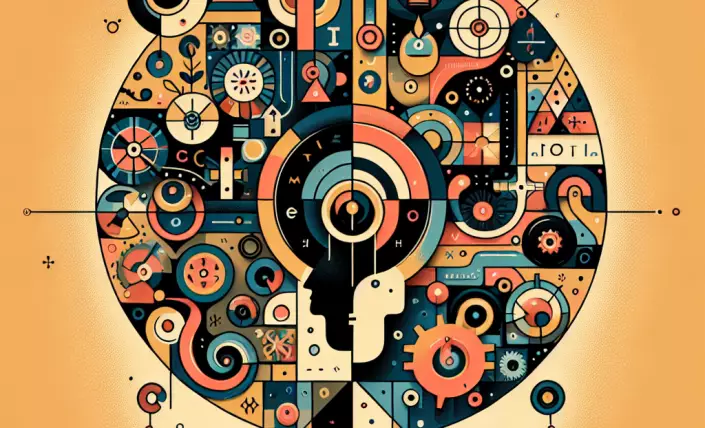Niccolò Machiavelli, a figure often enveloped in controversy, provides a lens through which we can examine the intricate dance of power dynamics. His seminal work, 'The Prince', is frequently interpreted as a manual for autocrats, yet its depth offers insights into human behavior that transcend political spheres. Machiavelli's exploration of power is not about the mere acquisition of authority but about understanding the human condition and the often tumultuous nature of interpersonal relationships. By delving into Machiavellian thought, we can begin to unravel how power, in its various forms, manifests in our lives, whether in political arenas, workplaces, or personal relationships.
At the heart of Machiavellian philosophy lies the concept of virtù, a term that defies direct translation yet encapsulates the qualities of adaptability, shrewdness, and foresight. Virtù is not merely about moral virtue but rather the capacity to navigate and manipulate the ever-changing circumstances of life. In today's world, where uncertainty is a constant, the ability to adapt and respond to change is more relevant than ever. Machiavelli suggests that those who can master their environment, who can anticipate and react to the whims of fortune (fortuna), can carve out their destiny. This notion encourages a reflective examination of our own lives: are we passive recipients of fate, or do we actively engage with and shape our circumstances?
Furthermore, Machiavelli illuminates the often uncomfortable reality that ethics and politics are not always aligned. The stark separation between idealism and realism in his works prompts us to question our own moral foundations and the compromises we make in pursuit of our goals. Are the ethical standards we hold ourselves to applicable in every situation, or do they bend under the weight of real-world challenges? Machiavelli does not advocate for amorality but rather for a pragmatic approach to ethics, where the ends can justify the means when the stakes are high. This perspective invites us to consider the ethical dilemmas we encounter and the decisions we make, urging us to assess whether our actions are guided by genuine integrity or by the strategic necessities of the moment.
Ultimately, engaging with Machiavelli's philosophy offers a mirror to our own lives, prompting introspection about power, morality, and the human experience. It challenges us to confront the complexities of our nature and the world around us, urging a deeper understanding of the forces that drive us and the consequences of our choices. In this light, Machiavellian thought is not a call to manipulation or deceit, but an invitation to engage more thoughtfully with the realities of human existence.










